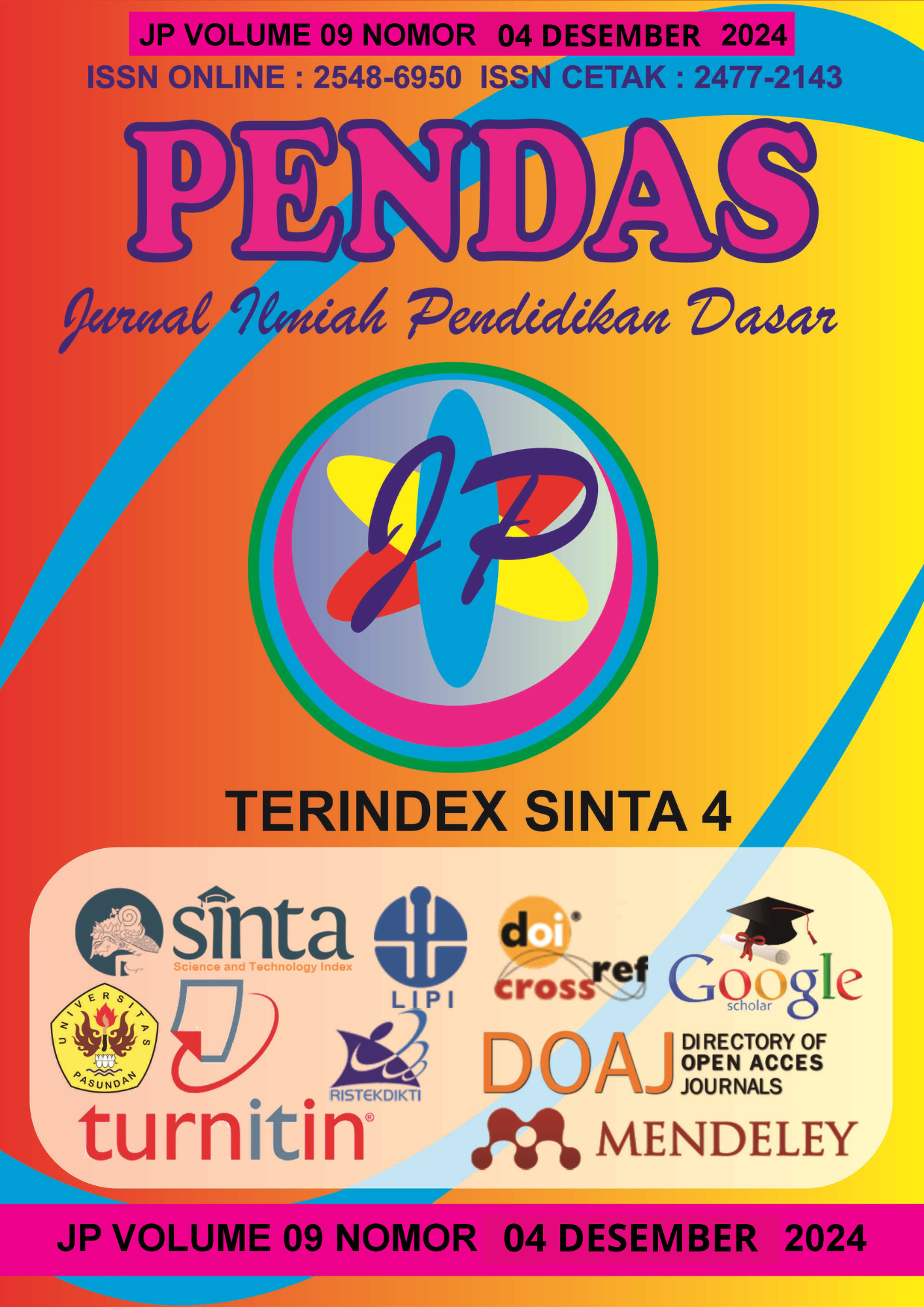PENERAPAN PEMBELAJARAN BERBASIS INKUIRI DALAM PROSES PEMBELAJARAN IPA DI SDN SUSUKAN 08 PAGI
Keywords:
critical thinking, active learning, Inquiry method, student engagement, science learningAbstract
Inquiry-based learning is a method that encourages students to actively participate in the learning process through discovery, investigation, and problem exploration. The purpose of this study is to evaluate how the application of inquiry method in science learning in elementary school. focusing on its impact on critical thinking skills and student engagement. In addition, this learning model also encourages students to actively ask questions and conduct experiments as part of the learning process. The challenge, however, is the need for teachers' skills in managing the classroom and facilitating the inquiry process effectively. The method used was the observation method. This observation involved a number of fourth grade students from SD Susukun 08 Pagi primary school as the sample, which was selected. Data was collected through interviews with the class teacher. Interviews with teachers aimed to gain perspectives on teaching experiences with inquiry methods, including perceived constraints and benefits The observation results show that the use of inquiry-based learning can improve students' active participation and facilitate a deeper understanding of concepts.
Downloads
References
Attard, C., Berger, N., & Mackenzie, E. (2021). The Positive Influence of Inquiry-Based Learning Teacher Professional Learning and Industry Partnerships on Student Engagement With STEM. Frontiers in Education, 6. doi: 10.3389/feduc.2021.693221
Creswell, J. W. . (2003). Research design : qualitative, quantitative, and mixed methods approaches. Sage Publications.
Gholam, A. (n.d.). Inquiry-Based Learning: Student Teachers’ Challenges and Perceptions. In Journal of Inquiry & Action in Education (Vol. 10, Issue 2).
Kaçar, T., Terzi, R., Arıkan, İ., & Kırıkçı, A. C. (2021). The Effect of Inquiry-Based Learning on Academic Success: A Meta- Analysis Study. International Journal of Education and Literacy Studies, 9(2), 15. doi: 10.7575/aiac.ijels.v.9n.2p.15
Li, Y. D., & Ding, G. H. (2023). Student- Centered Education: A Meta-Analysis of Its Effects on Non-Academic Achievements. SAGE Open, 13(2). doi: 10.1177/21582440231168792 Lonergan et al, 2019. (n.d.).
Thaiposri, P., & Wannapiroon, P. (2015). Enhancing Students’ Critical Thinking Skills through Teaching and Learning by Inquiry-based Learning Activities Using Social Network and Cloud Computing. Procedia - Social and Behavioral Sciences, 174, 2137–2144. doi: 10.1016/j.sbspro.2015.02.013The In-depth Interview Method |. (2020).
Downloads
Published
Issue
Section
License
Copyright (c) 2024 Pendas : Jurnal Ilmiah Pendidikan Dasar

This work is licensed under a Creative Commons Attribution 4.0 International License.














































